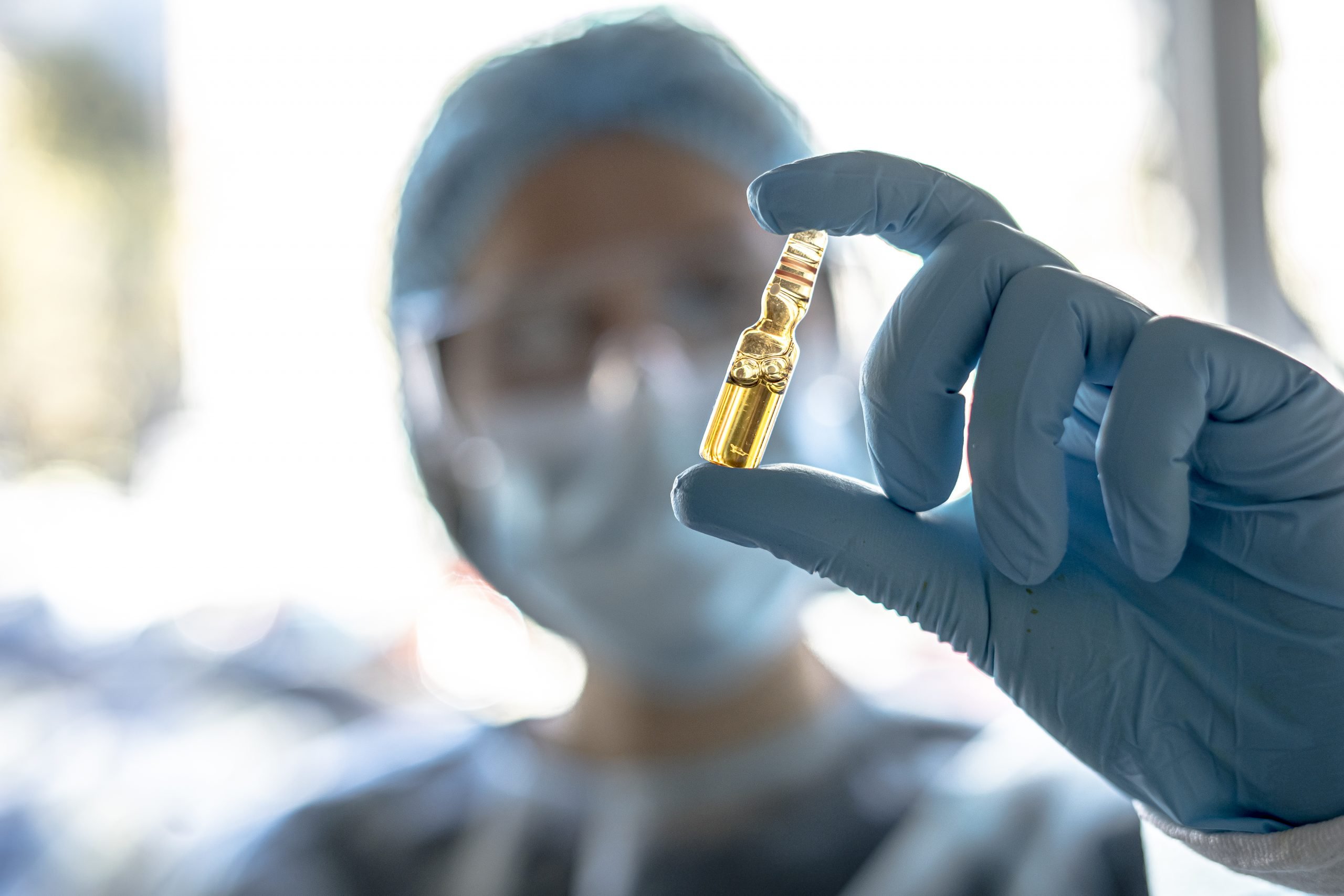Do you suffer from chronic migraine headaches? If so, you may be wondering what’s triggering them. There are many potential causes of migraine headaches. Get the facts and learn how you can treat your migraine with ketamine treatments.
What are the Known Causes for Migraines?
When you’re suffering from migraine headaches, it’s a priority to figure out why. There are many known causes for them, including the following:
Anxiety and Stress
If you’re living in a stressful environment, or experience periods of anxiety, you may experience migraine headaches following these periods. Symptoms typically begin presenting themselves once you start relaxing. In 2018, a secondary analysis was taken of the 2012 Canadian Community Healthy Survey-Mental Health (CCHS-MH), and found “Of the 2232 participants who reported migraine headaches, 6% had an anxiety disorder, compared with 2.1% of those without migraine.”
Changes in Weather
Some of the most common migraine triggers include changes in the air’s humidity, pressure, and temperature. Bright sunlight, dry air, and sun glare are also triggers. Unfortunately, these triggers are also the most difficult to control. A study published in the Journal of Oral Rehabilitation finds that “Our results reveal that patients with masticatory muscle pain and patients with migraine present typical temporal pain patterns that are influenced in a different way by weather changes
Foods, Caffeine, and Other Beverages
Do you have a habit of skipping meals? Do you consume a lot of caffeine and then, when you’re not drinking it, experience caffeine withdrawal? If you go too long between eating meals, this can lead to a migraine headache. These symptoms can also present if you’re a caffeine drinker, too long passes, and you begin experiencing withdrawal symptoms. Those who are sensitive to alcohol can also experience migraine.
Sleep Changes
Are you experiencing changes in your sleep schedule? For example, are you getting too little sleep for several days in a row? Then, to make up for those lost hours, trying to sleep longer? If so, these sleep changes can bring on symptoms of a migraine. According to the results of a study published in Neurology Advisor, “A total of 7430 people were interviewed for the study, with 2695 completing the survey entirely. Results showed that the prevalence of migraine was 5.3%, probable migraine was 14.1%, and poor sleep quality was 26.5%. It also showed that 35.3% of participants with probable migraine had poor sleep quality.”
Your Genetics
Do you have family members who suffer from chronic migraine? According to the U.S. National Library of Medicine, “Migraines do not have a clear pattern of inheritance, although more than half of affected individuals have at least one family member who also has the disorder.”
How to Determine the Best Treatment For You
Many factors come into play when determining a migraine treatment plan. During consultations, plans are crafted with your individual needs in mind. The main reason is that every treatment for migraine is going to vary from patient to patient. That’s why it’s critical to work with a medical professional who understands migraine and can determine a viable plan.
One of the most significant factors to take into consideration when developing your plan is how debilitating the migraines are when they present. How frequently do they occur? Answering these questions will help determine if you need acute or preventive treatment. Discussing these symptoms and options can happen during your initial consultation.
- During your visit, you may hear questions, including:
- Can you remember how quickly your migraines occur and reach their peak?
- How often do you experience a migraine in the morning?
- Of these migraine headaches, how many of them are entirely symptomatic before you attempt to find solutions?
- Do you feel nauseous during migraine headaches? If so, when do the symptoms present and how bad are they?
Answers to these questions, as well as others, will help develop a strategy for your treatment plan. These answers will help to rule out some strategies, as well as create a starting point for others. Ultimately, the goal is to get your life back, since pain can cause depression, anxiety, cause you to have difficulty completing day to day activities.
Can Ketamine Work to Relieve Migraine Pain?
If changing your lifestyle or avoiding triggers have not worked to stop your severe migraine headaches, and traditional migraine medications are not effective enough to allow you to live your life pain-free, you might consider ketamine infusion therapy.
Here is the science behind the effectiveness of ketamine on migraine: working as a dissociative anesthetic acting on glutamate binding sites at the NMDA (N-methyl-D-aspartate) receptor, ketamine also acts on muscarinic receptors. Use of IV ketamine has been introduced in a variety of studies for refractory pain. These studies, including those using intranasal ketamine, have been shown to reduce a migraine sufferer’s aura symptoms. IV ketamine users showed a significant improvement in their pain scores with reports of a few side effects.
According to the study, patients started with a dose of 0.1 mg/kg/h. These dosages were increased by 0.1 mg/kg/hr once every three to four hours, according to the patient’s tolerance. The goal was to achieve a target pain score of three out of ten. Then, the goal was to maintain that score for eight hours. According to the study, “Subsequently, the infusion was decreased by 0.2 mg/kg/h every three to four hours until the infusion rate reached 0 mg/kg/h.” Ultimately, IV ketamine was able to relieve pain in these patients without presenting significant side effects.
Why is Ketamine Different?
The last thing anyone wants to experience is side effects when receiving treatment therapies. Using IV Ketamine as a treatment for migraine headache results in few significant side effects. When physicians use IV ketamine, it reaches the brain quickly to help relieve pain. Once the ketamine reaches your brain, MNDA receptors are blocked. That’s when patients begin experiencing pain relief. When other medications fail to lessen the effects of a migraine, Ketamine is often the recommendation.
Next Steps
Please call us at 833-867-2329 to see how we can help you today or book an appointment today.


























